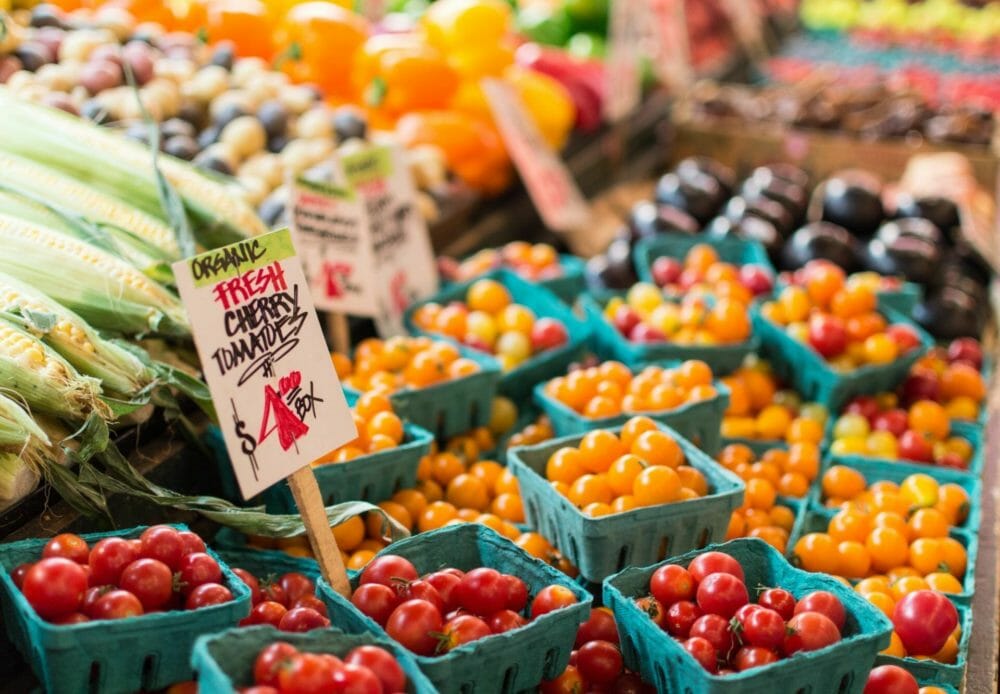Pandemic or not, people still need to eat. The food system is already undergoing serious stress as labor shortages, shifting demand (from restaurants and institutions to consumers), and concerns about spreading Covid-19 are forcing stakeholders to rethink operations.
Farmers are no different in this dynamic. Local and regional food systems could lose up to $1.3 billion between just March and May of this year, according to a recent report from the National Sustainable Agriculture Coalition. This includes farmers’ markets, farm to school, food hubs serving other institutions, and restaurants. Among those losses are a $688.7 million decline in sales and a payroll deduction of $103.3 million.
Although nearly every producer will feel some impact of the pandemic, farmers who sell primarily to restaurants are being hit the hardest as countless governments order indefinite closures. In Los Angeles, policymakers are working on protocols to allow restaurants to sell their wholesale food ingredients as pop-up grocery stores to help soften the blow.
To provide some mitigation, American Farmland Trust has launched a Farmer Relief Fund to raise money to support farmers directly. The fund will provide eligible farmers with cash grants of up to $1,000 each to help offset the financial impact of Covid-19. The farmers targeted in the fund are small-scale operations and businesses that are not covered by the traditional farm safety net programs.
“AFT is focused on calling immediate attention to the struggle of the farmers who have been suddenly cut off from their main sources of revenue or seen them reduced. We want to help by providing funds to bridge the gap,” said John Piotti, AFT president and CEO, in a press release announcing the fund.
“But this crisis also elevates the need for AFT’s broader work, getting farming right before it is too late. We can’t let this crisis slow us down. If agriculture is to have a future — if we are to have a future — we must work hard to protect our agricultural resources, including the land, the soil and the people who steward both.”
This is not AFT’s first foray into garnering direct support for America’s farmers and ranchers. Its No Farms No Food campaign, best recognized through its emblematic green bumper stickers, was launched to raise awareness about the importance of direct support for food producers.
Food Animal Concerns Trust has launched a similar relief effort, offering up to $500 in emergency mini-grants to help farmers scale up to address a major increase in demand for local food. Farmers can request mini-grants for materials, services or equipment that would help them to transition to an online or alternative sales strategy or for other projects that would help their farm business to maintain sales during the COVID-19 crisis.
The Rural Advancement Foundation International–USA is also offering $500 mini-grants to farmers operating in North Carolina who are drastically impacted by market sales disruptions due to Covid-19.
The $2 trillion stimulus package includes a number of measures to support agriculture but has been criticized as doing little to support smaller-scale operations. It starts with billions allocated to the Commodity Credit Corporation while also earmarking dollars for local food production, livestock production, and specialty crop production. It also provides for $100 million in additional rural broadband grants through the USDA’s ReConnect program and $33 million to the Food Safety and Inspection Service to cover the cost of temporary and intermittent workers, relocation of inspectors and overtime costs.





